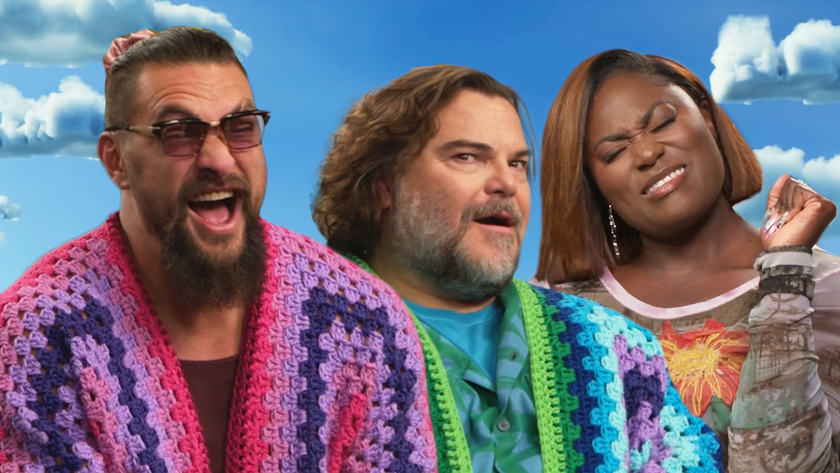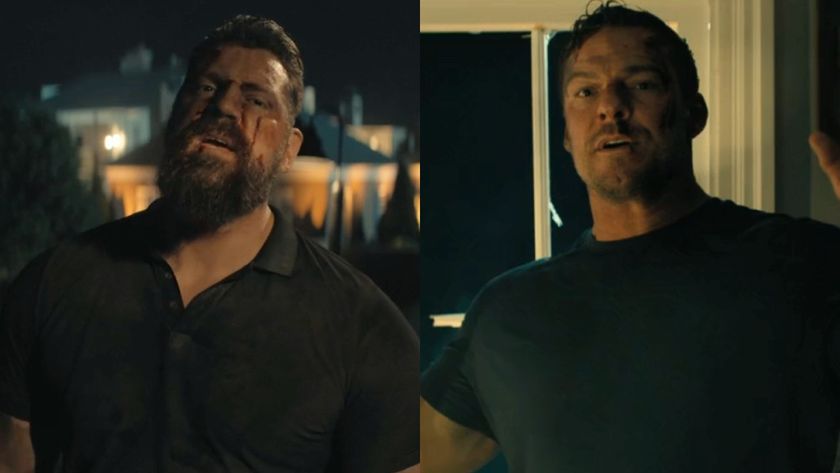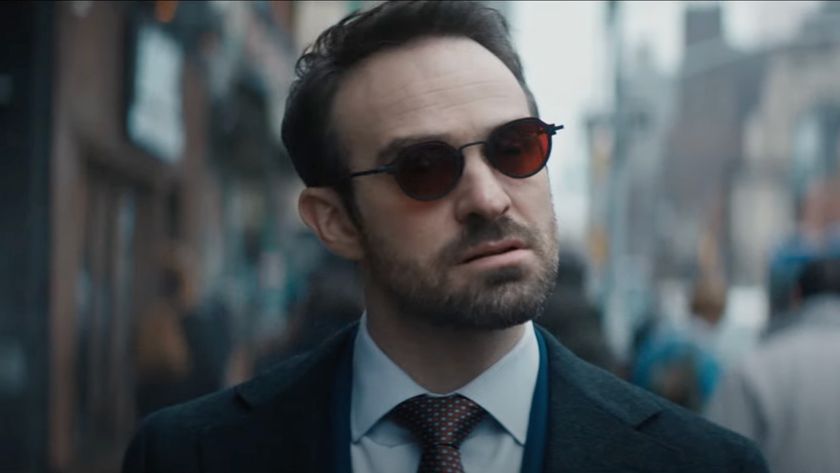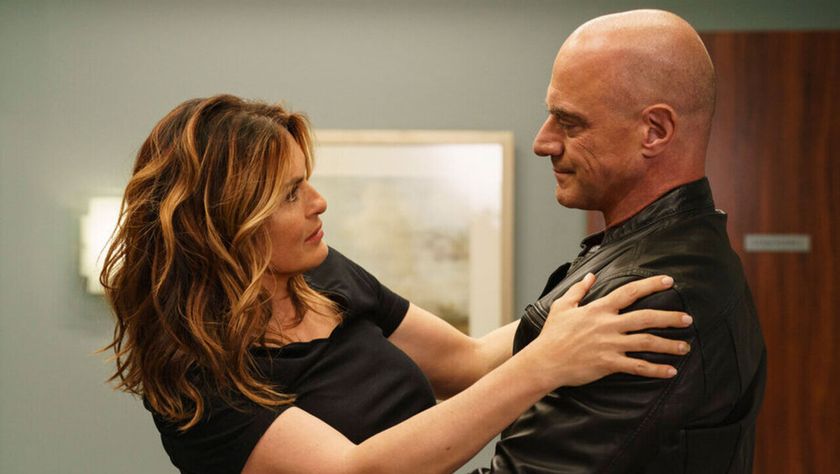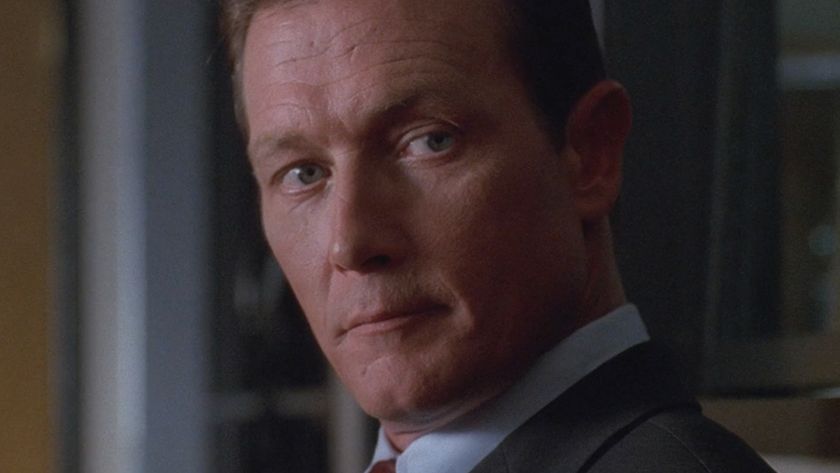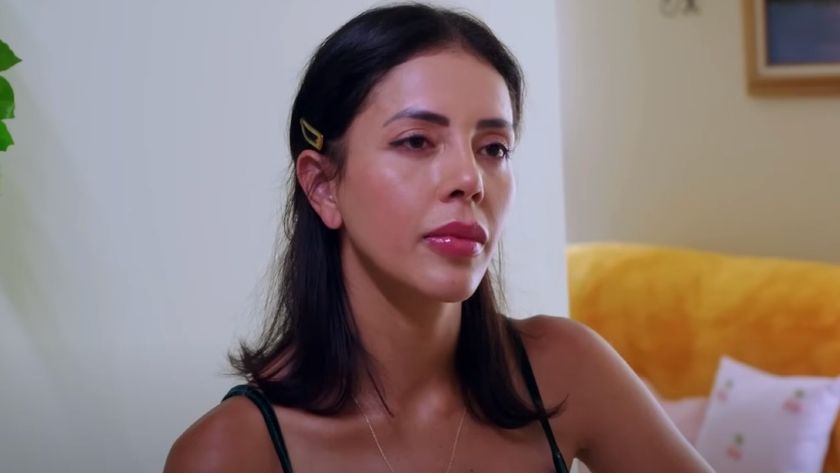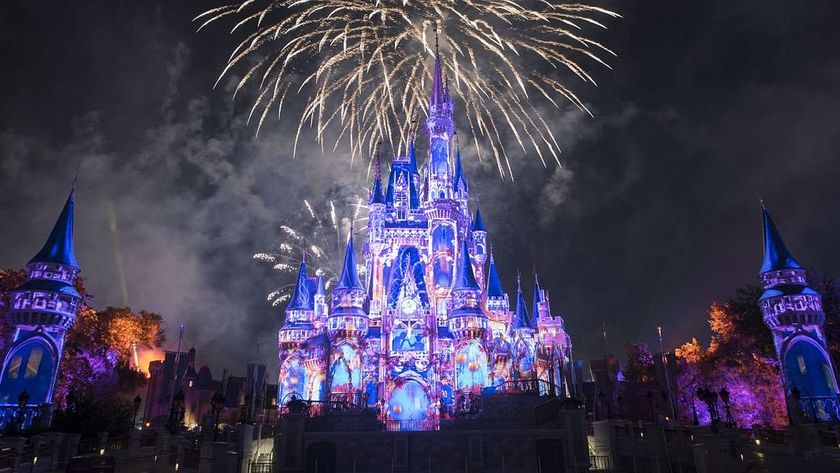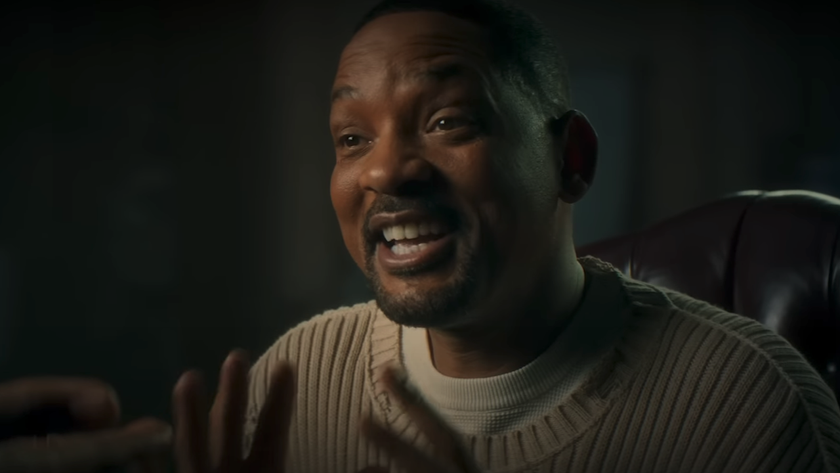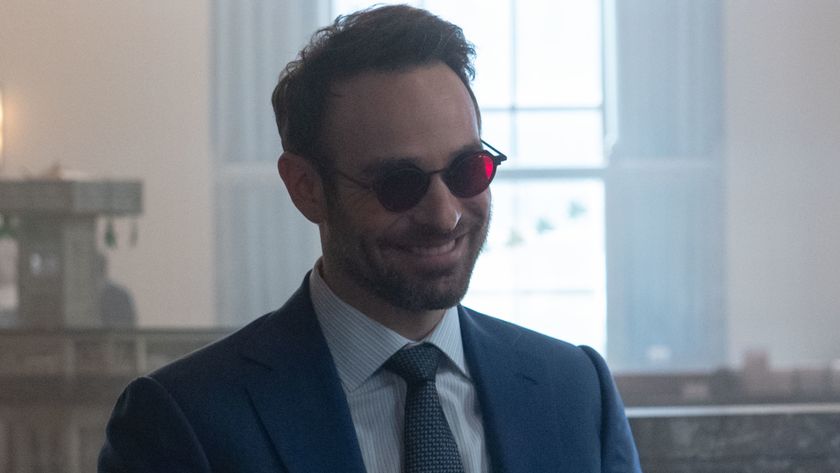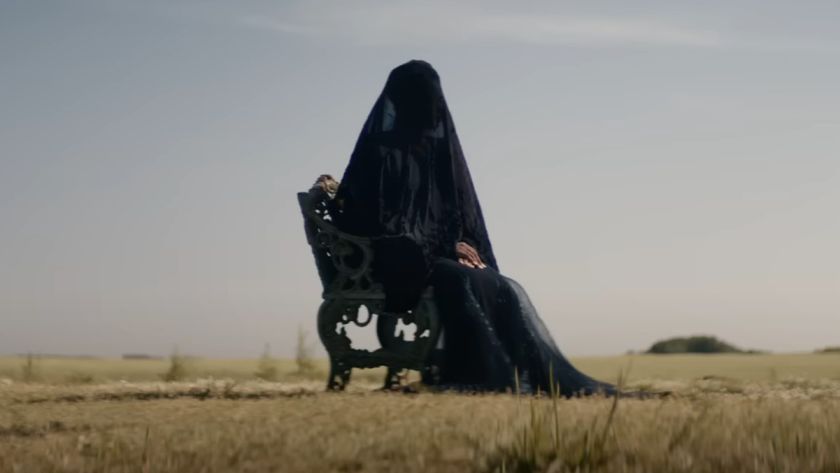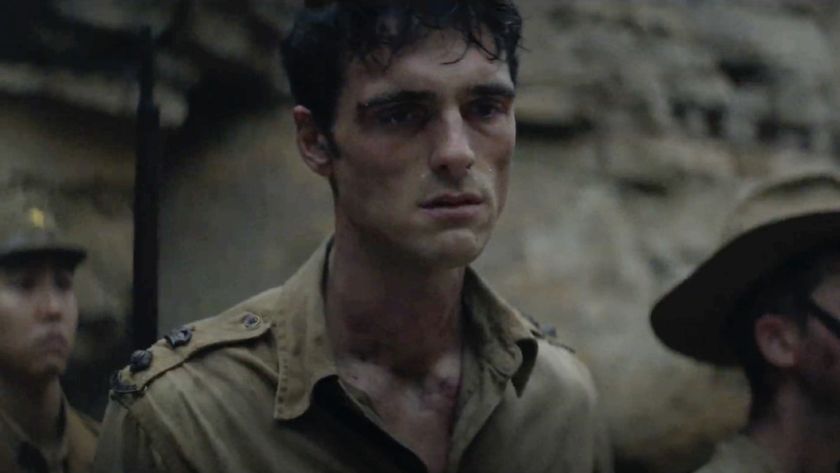Looper Interview: Joseph Gordon-Levitt On The Butterfly Effect And His Impersonation Skills
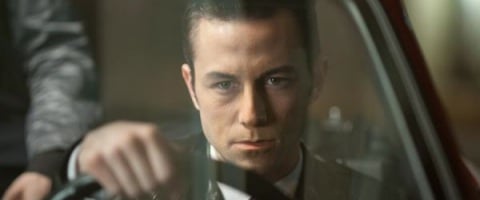
The road to Looper has been relatively long, particularly if you have been waiting patiently to see Rian Johnson’s time-traveling assassination thriller. We’ve been lucky enough to cover the film’s journey through Anaheim, San Diego and Toronto as Johnson teased his picture at WonderCon, Comic-Con and TIFF, respectively. Finally, though, we can say that Looper opens on Friday, giving you the chance to see what all of the buzz has been about.
We’ll have Looper interviews on the site throughout the week, as Sony was kind enough to grant us one-on-one access with Joseph Gordon-Levitt, Emily Blunt and Johnson (and I bumped into Bruce Willis in a hotel corridor in Toronto … does that count?) We dove into such thought-provoking topics as the butterfly effect, the overwhelming effect true love can have on an individual’s heart, and Blunt’s ability to chop wood convincingly. You’ll have to read for yourself.
First up is Gordon-Levitt, who is having a phenomenal year with supporting turns in The Dark Knight Rises and Lincoln, as well as leading roles in Premium Rush and Looper. His reunion with Brick director Johnson finds JGL playing a hitman whose job is to eliminate victims sent back through time from a distant future. But because of the twisty nature of the time-travel plot, we started our conversation with the theories that have been swirling around the film as it continued to screen for early audience.
Have you spent the day dealing with insane theories and whacked-out hypothesis from journalists who just don’t get what’s going on?
No, no. [Laughs] I love that. I love when people have their different opinions and perspectives about a movie. That’s’ the kind of thing that makes a movie worth watching.
Rian and I recently spoke about whether the future was pre-destined, or whether the butterfly effect has any control over what happens next. I’m curious to hear your opinion, and please keep in mind that your answer could drastically affect how the rest of this interview.
[Laughs] Well, that is one of the age-old questions, the whole “free will” question. Is it our fate already written for us, or is it unwritten? Are we deciding, in any given moment, which way we go? And I don’t have an answer. My personal opinion is that there isn’t one answer, that, in fact, both things are true.
CINEMABLEND NEWSLETTER
Your Daily Blend of Entertainment News
But one seems to contradict the other, though.
Yes. [Long pause] You’re right.
Fair enough! The other question that lingered with me during my Looper screening was whether you believe in love at first sight. Do you think that you, like Bruce’s character, can spot a woman across a crowded room in a moment of chaos and forge so deep a connection that you are willing to change the hands of fate to be with her?
Well, absolutely. I certainly think you can make that kind of emotional connection with somebody. The cliché of “love at first sight” is complicated, and often simplified. But I also wouldn’t call the love that’s portrayed in Looper love at first sight. He certainly is infatuated with his future wife the first time that he sees her. But I think that the love really comes as their relationship develops so that they can see how they are both really good for each other, and she can see how she’s a positive influence on his life over the years. I think that’s a big part of what you would call love.
That’s almost every loving relationship, though, don’t you think? It almost always starts with an infatuation and grows into a relationship over time.
Well, I’m really no authority. [Laughs]
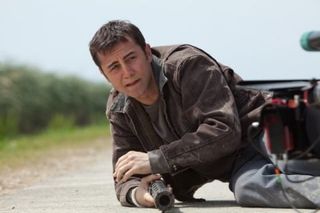
The passage into Looper for most audience members is going to be the time travel angle, because it’s what we are able to discuss on the surface without giving away all of the other ideas the film explores. What was the angle that you saw, however, that made you want to explore this story with Rian?
Well, it is a sci-fi movie and a time travel story, and it’s a fun and banging action flick, and it will entertain you that way. But there is a lot more to it. And those are my favorite kinds of movies, the ones that do make you think if you want to. And Looper, at its heart, is – I think – a human drama. Just like, you know, The Dark Knight Rises was a superhero movie. But at its heart, it’s really a profound drama. Looper uses science-fiction and time travel as a kind of a springboard to create a situation that couldn’t happen in real life. What would you say to your past self or to your future self if you could have a conversation with them? In a sci-fi movie, hat can happen.
I’d like to thank you for bringing up The Dark Knight Rises organically, without me having to awkwardly ask you about it. [Laughs] Rian said that it was always you in the movie, but it wasn’t always Bruce. I’m just curious, if you guys couldn’t get Willis, did you have a Stallone or Arnold impersonation up your sleeve?
[Laughs] No, I don’t consider myself a really good impression artist. And we didn’t want the character I played in Looper to be an impersonation. We felt like that might be distracting or funny. We just wanted to do enough to suggest to the audience that these are the same guys, so that they understand the basic premise of the story.
Looper opens in theaters on Friday, Sept. 28.

Sean O’Connell is a journalist and CinemaBlend’s Managing Editor. Having been with the site since 2011, Sean interviewed myriad directors, actors and producers, and created ReelBlend, which he proudly cohosts with Jake Hamilton and Kevin McCarthy. And he's the author of RELEASE THE SNYDER CUT, the Spider-Man history book WITH GREAT POWER, and an upcoming book about Bruce Willis.
